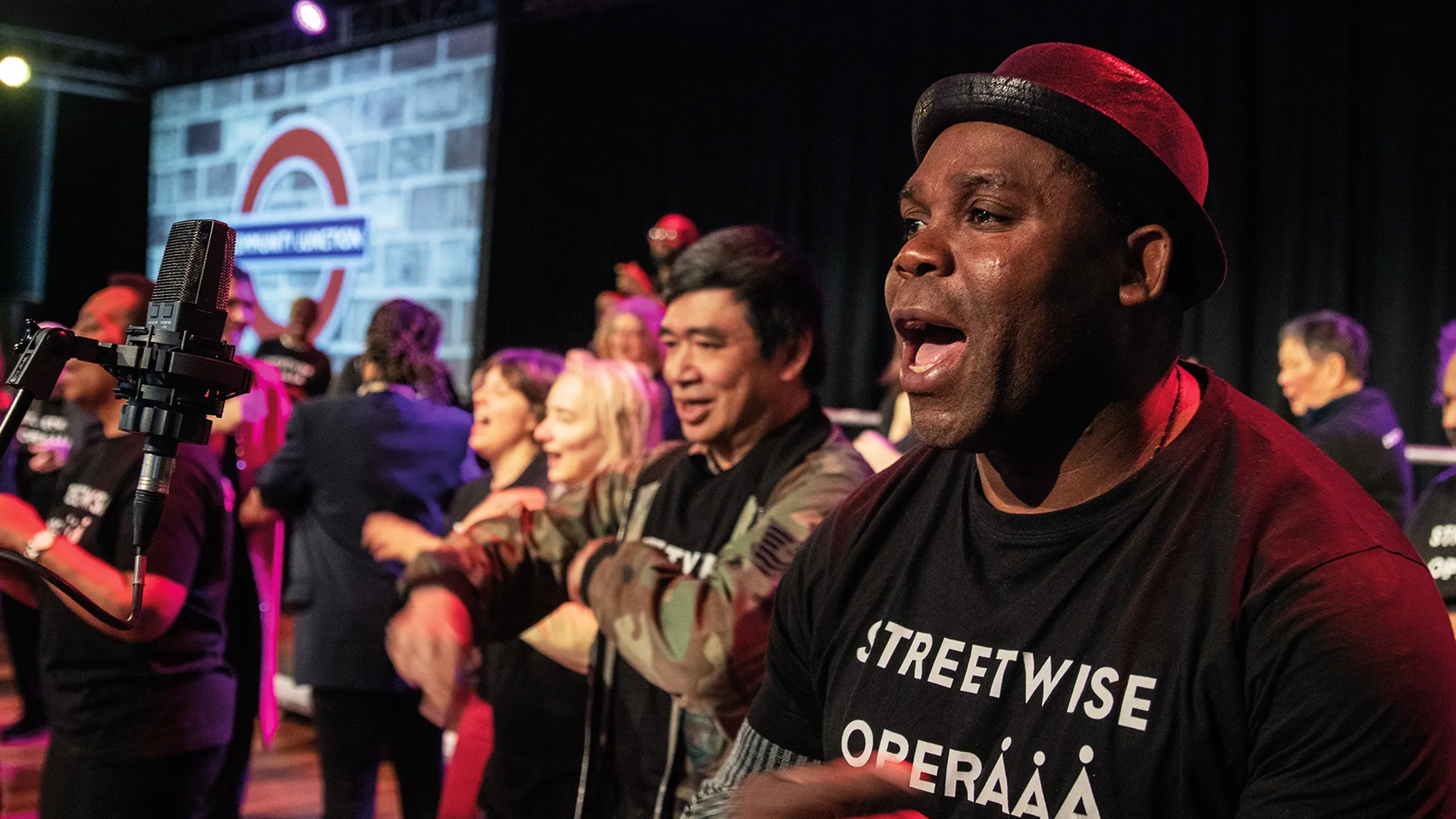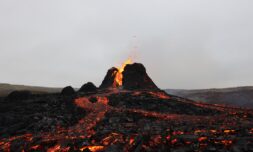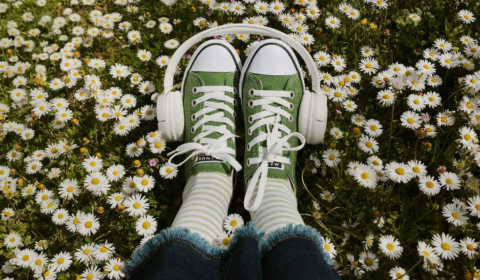Re:Sound is a festival that aims to use music to allow audiences to rediscover their city through the eyes of those who have been homeless. The last performance of the opera’s national tour was on Sunday.
The festival Re:Sound, run by charity Streetwise Opera, involves professional composers, designers, singers, and filmmakers working with those who have experienced urban homelessness to create micro-operas.
Re:Sound has run for the last year in London, Manchester and Nottingham, culminating in a final performance in the Queen Elizabeth Hall in the Southbank Centre on Sunday.
These micro-operas, lasting as short as three minutes and 55 seconds, are created through sessions with composers and the performers themselves.
With #ReSound we want to change how society views homelessness and how audiences engage with opera. Join us on 26 March 7:30pm at @southbankcentre's Queen Elizabeth Hall with @BBCCO @BBCRadio3 @martinhandleyr3 @TheSixteen @GenesisSixteen @1927productions https://t.co/dV8BsyDCrD pic.twitter.com/ReXg25hYjm
— Streetwise Opera (@StreetwiseOpera) February 15, 2023
Funded by Heritage Fund and Arts Council England, Re:Sound intends to challenge the dehumanisation that faces the homeless and give a voice to those who are only overlooked by society.
Classic music project manager Jane Williams says that the micro-operas show that the individuals involved are not defined solely by their socioeconomic status, not simply just ‘homeless’ or ‘undocumented’. They are people with “hopes, fears, traditions, histories and imaginations.”
Williams also drew attention to the care put in by the charity to create a safe space for the performers, understanding the trauma involved in experiences. The sessions allowed them to exist as “singers, songwriters, dancers and musicians.”
Many of the artists involved are experienced with community storytelling in their music.
Aga Sergua-Lugo, one of the workshop leaders, is a vocalist and composer who specialises in community music-making with a focus on accessibility and inclusivity. He has previously worked with organisations such as Hear Me Out, which uses the power of music to help immigrants.
Organisations such as Hear Me Out and Streetwise Opera believe that music can be therapeutic for those who have experienced trauma, and a valuable tool to allow them to tell their own experiences, in their own words.

















